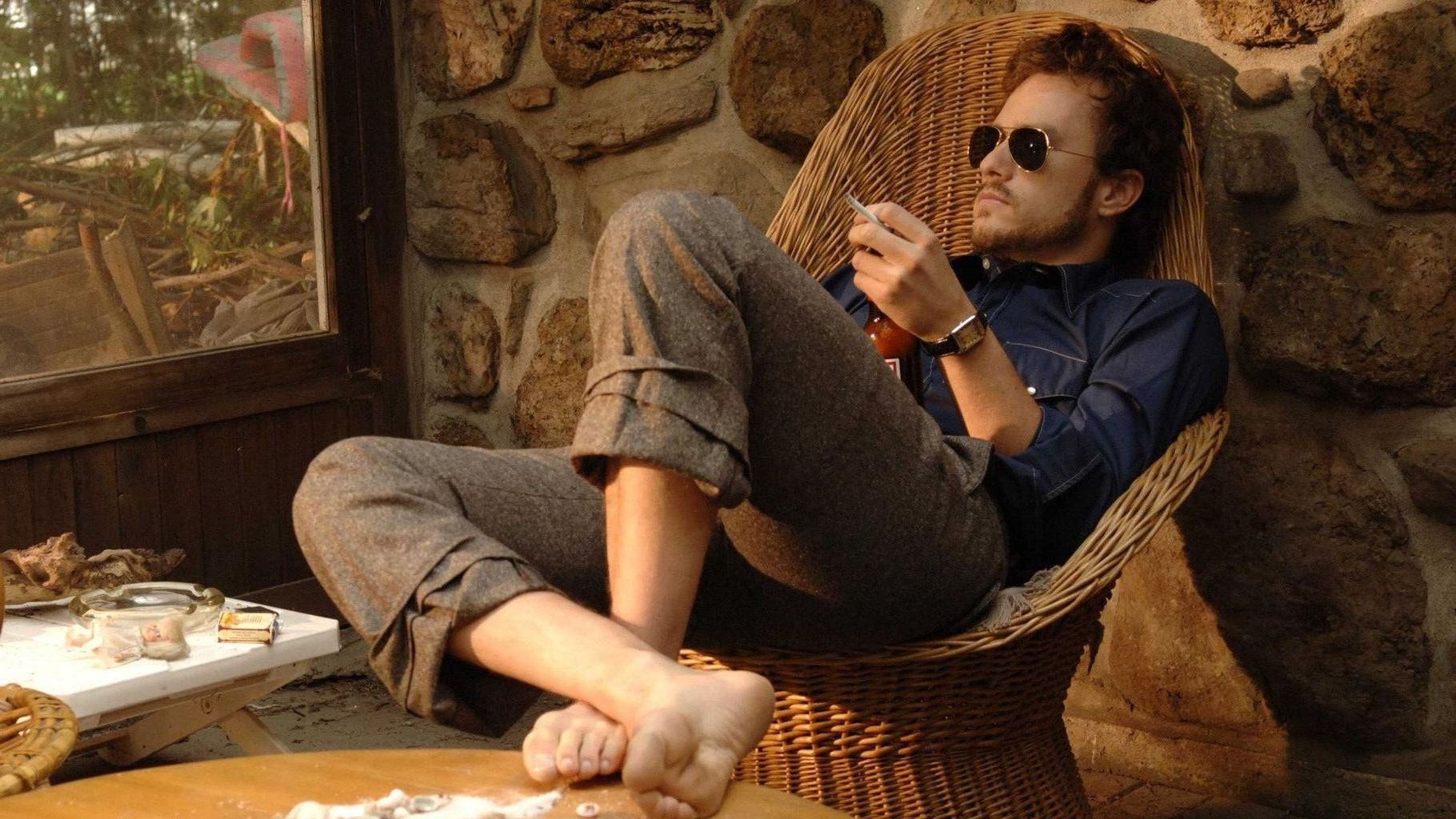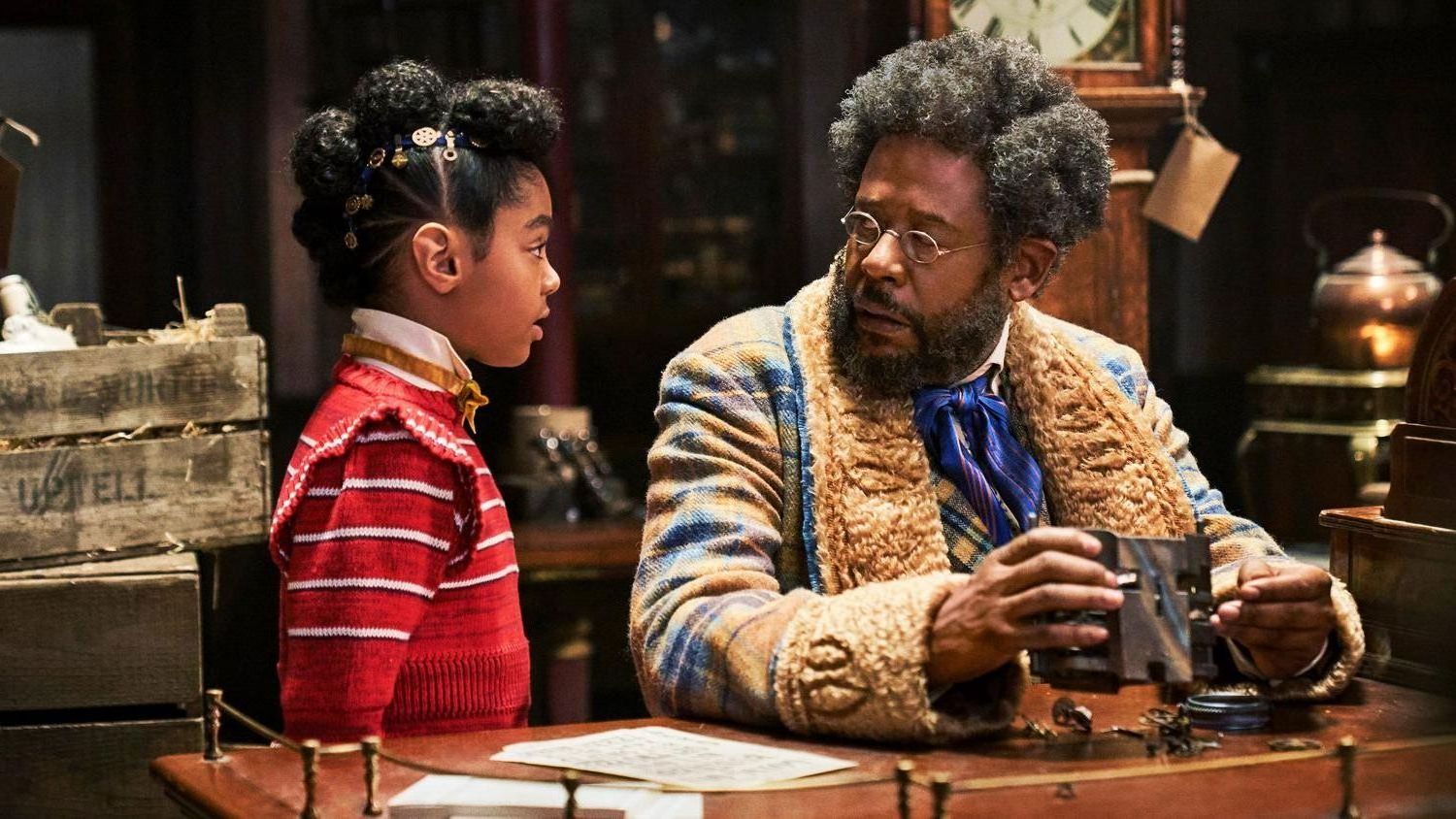
I; m Not There Review Movie
I'm Not There Review
A biopic in which the well-known whitemale protagonist is divided into six characters and played by anyone from an 11-year-old black boy to an imposing Aussie actress, as well as Batman and his upcoming Joker and not any of them referring to the name of the hero? This is just insane. But smart American filmmaker Todd Haynes is on to something with this. If the main subject of your film is the shape-shifting and incredibly unrelenting American iconic Bob Dylan, how better to capture the spirit of his erratic personality than telling six interwoven stories that each capture some of the numerous personalities of the legendary singer? For all the snooping around through the past and psyche, Haynes who experimented with the sloppy glam-rock moves with mixed outcomes with Velvet Goldmine, manages a relaxed groove to his solitary.
The story begins with the titchy Marcus Carl Franklin, embodying the beginning of Dylan's career in which Dylan sang to the tune of his idol folk singer Woody Guthrie and apparently rode through vast American fields with open-fronted boxcars. In addition to adding a bit to the symbolism (and confusion) this version of Dylan is called Woody Guthrie. Christian Bale, as Jack Rollins portrays the early heroic years in which Dylan was a celebrity and radical and then the'saved period' in which he reverted his place in The Bible in the role of Pastor John. Also, Richard Gere, as craggy as a tramp sporting a peppery beard and wire-rimmed specs portrays the contemporary version of the character looking for the origins in American folklore. Are you still with us? Okay, we'll continue.
The most remarkable and to date highly praised track from Bob, Cate Blanchett gives an uncanny portrayal of the controversial "electric years" which was the point at which Dylan left behind his adulation from the folk crowd and wowed fans with licks of music that sounded like rock. It's Blanchett who best captures the familiar herky-jerky frame as well as electric truculence – the core conflict of a man who is facing the legend that he cannot bear. There is an expression Blanchett is able to give the camera with a long, heavy stare towards to the gun's barrel which is worth the price on its own. There is no way to miss her out on an acting support (or should it be Actor?) nomination, or two that come backslapping time.
The story is fragmentarily chronological, yet each story weaves into and out of each other in a way that is a challenge to the flow of the story. It is not worth trying to classify each story as the next "Dylan" in an order. The two are in actuality, depictions of a painful event as well as the inspirations. Heath Ledger, playing an imprint that seems an actor more than a singer is the man who is a failure and Charlotte Gainsbourg, as his lonely wife, is an amalgam of the women who have been wounded of his past. And then there's Ben Whishaw, who preaches tiny bits of cute philosophy to the camera, a relic of Dylan's love affair with poet Rimbaud.
The leads change as they move around as they do, the tone of filmmaking changes and morphs between the different concepts. For Blanchett's electric, taut time, it is afloat in a soft black-and white of the mid-'60s style. In Gere's fall-time years it morphs into a ethereal landscape, specifically referencing Dylan's appearance in the Sam Peckinpah film Pat Garret and Billy The Kid. There's surrealism, raunchy comedy, heartbreak, and pure nonsense. All of which, naturally can be said about Dylan himself.
It's the kind of film that is agitated and brilliant but also self-satisfied with its intimacy with its subject (who completely endorsed). It's a rager with its ramblings and bizarre little gimmicks. And it drags on for way too long. However, there's no doubt Haynes has managed to capture an actual feeling of the elusive person who claims to change America. We don't learn anything relevant about Dylan. Dylan remains a fanciful mystery However, we discover a lot about the futile efforts of fans, press and filmmaker alike to determine their heroes. That's part of the point.
